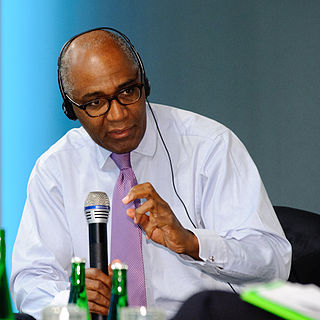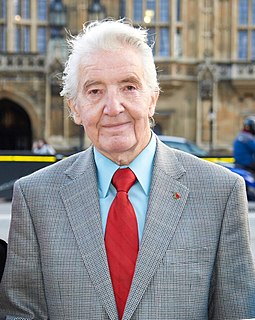A Quote by Estelle Morris
My focus and that of all members of the Government responsible for delivering services to the public is to make sure that the public sector can use all the skills it needs to do the job the public wants it to do.
Quote Topics
Related Quotes
A democratic public forms when citizens gather together to deliberate and make public judgments about local and national issues that affect their lives. By associating together for public discussion, citizens learn the skills necessary for the health of a democratic public; listening persuading, arguing, compromising, and seeking common ground. When these skills are nurtured within the institutions of a democratic public, citizens educate themselves in order to make informed political decisions.
Jobs in the public sector are increasingly dependent on technology, and more and more government services are available online in developed and developing countries. Women who have ICT skills can help develop and deliver these services, even in places where the sexes are traditionally kept separate.
The people of Ontario have a right to know how their dollars are being spent. Ontario has the leanest government in Canada while still providing high-quality public services that people can rely on. Today, we are releasing the 2014 Public Sector Salary Disclosure list as part of our government's commitment to be the most open and transparent government in the country.
Private sector unionization is down to practically seven percent. Meanwhile the public sector unions have kind of sustained themselves [even] under attack, but in the last few years, there's been a sharp [increase in the] attack on public sector unions, which Barack Obama has participated in, in fact. When you freeze salaries of federal workers, that's equivalent to taxing public sector people.


































